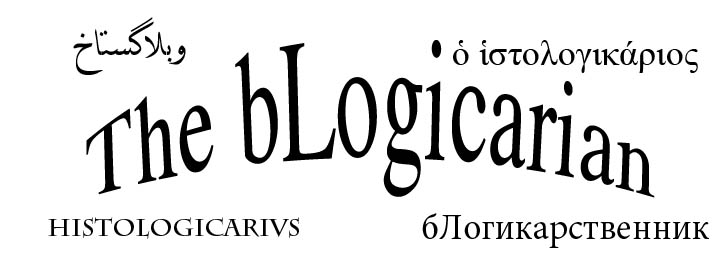"Translating Esperanto poetry is especially hard, and I have seldom seen adequate renderings of Esperanto poems in English (though moving in the other direction is a lot easier). One reason for this difficulty is surely the fact that the poet is attracted to Esperanto by precisely what cannot be readily expressed in his or her own language. "
— Humphrey Tonkin "Translating in Translation"
I think he definitely has a point here. I think there's also a conscious or semi-conscious motivation for many to do in Esperanto what one cannot do, or does not feel oneself licensed to do, in one's ethnic language(s).
One thing one can do in Esperanto that one cannot do — or at least is not permitted to do — as much in ethnic languages is the coining of new terms, employing derivational morphology in novel, but not entirely unprecedented, ways. I could say something in English like "he was animaling all over the street, like a mindblasted lunatic, before he footstilled and stood staring at the sun paganly with reverent near-godtouched gaze." There's nothing about it that is unintelligible. It makes use of derivational patterns, morphemes and lexical class-shifts that are productive in English, but simply happen not to have been applied to these particular lexemes in this fashion, or at least not very often. You can find poets who do this sort of thing in many languages. For some more linguistically insecure audiences, though (e.g. many educated readers of Arabic) it might seem downright unacceptable, a purposeful act of violence against the language, perhaps an implication that the language as is just isn't good enough. In Esperanto, not only can you get away with this kind of thing in poetry, but it is, as it were, part of normal poetic idiom to do so.
— Humphrey Tonkin "Translating in Translation"
I think he definitely has a point here. I think there's also a conscious or semi-conscious motivation for many to do in Esperanto what one cannot do, or does not feel oneself licensed to do, in one's ethnic language(s).
One thing one can do in Esperanto that one cannot do — or at least is not permitted to do — as much in ethnic languages is the coining of new terms, employing derivational morphology in novel, but not entirely unprecedented, ways. I could say something in English like "he was animaling all over the street, like a mindblasted lunatic, before he footstilled and stood staring at the sun paganly with reverent near-godtouched gaze." There's nothing about it that is unintelligible. It makes use of derivational patterns, morphemes and lexical class-shifts that are productive in English, but simply happen not to have been applied to these particular lexemes in this fashion, or at least not very often. You can find poets who do this sort of thing in many languages. For some more linguistically insecure audiences, though (e.g. many educated readers of Arabic) it might seem downright unacceptable, a purposeful act of violence against the language, perhaps an implication that the language as is just isn't good enough. In Esperanto, not only can you get away with this kind of thing in poetry, but it is, as it were, part of normal poetic idiom to do so.

No comments:
Post a Comment